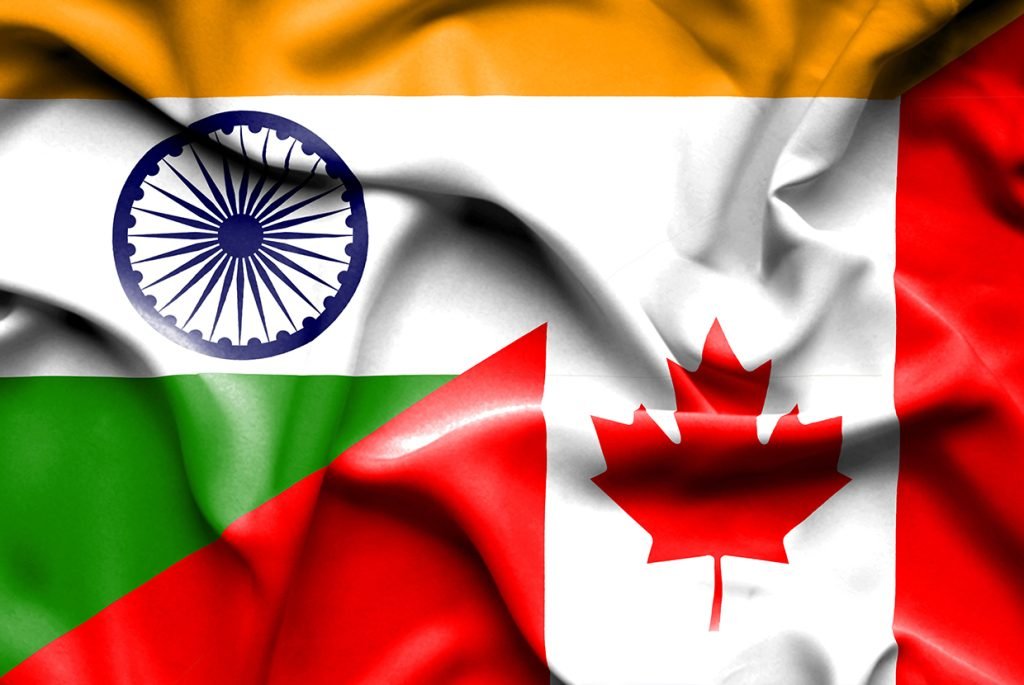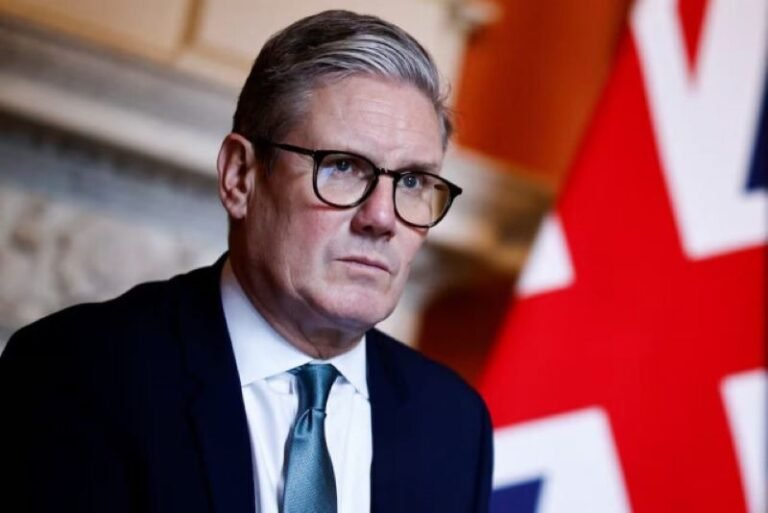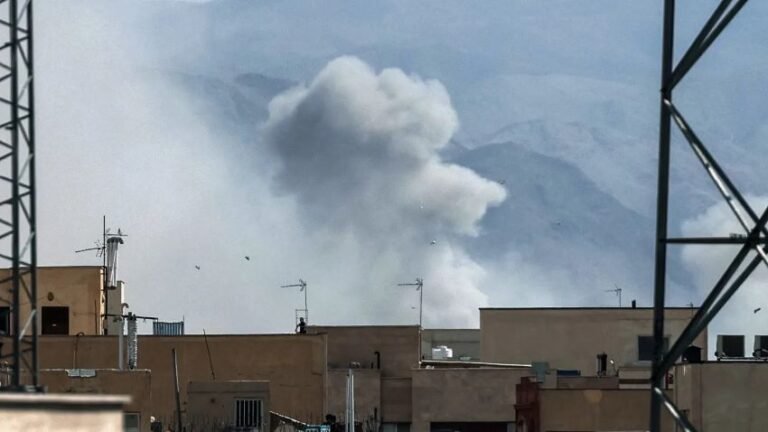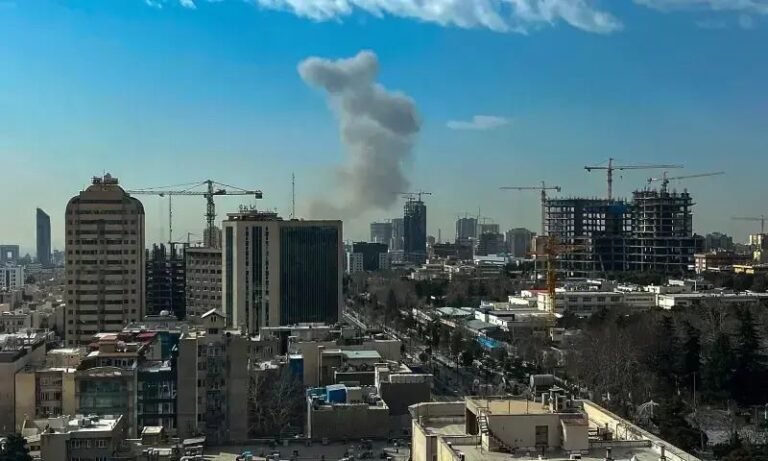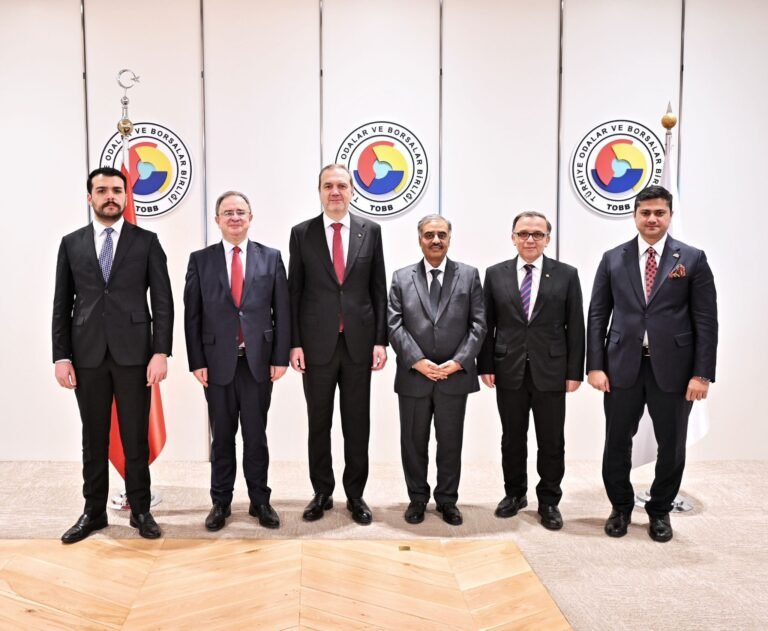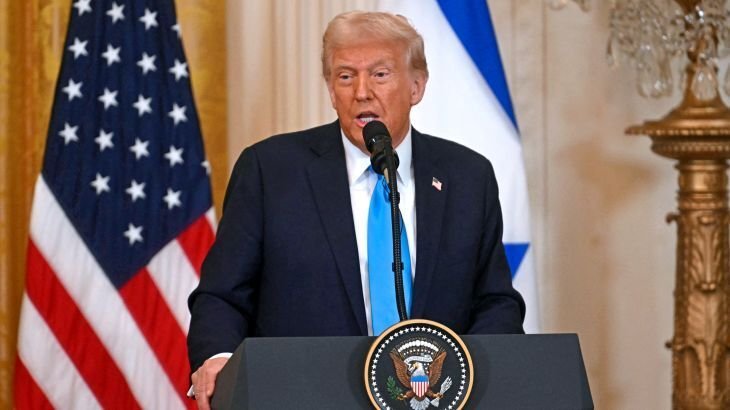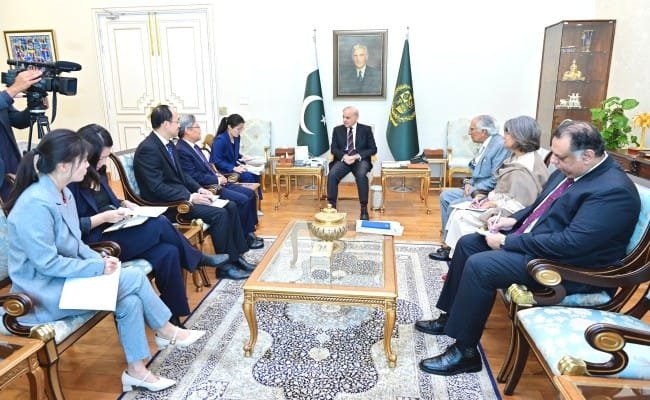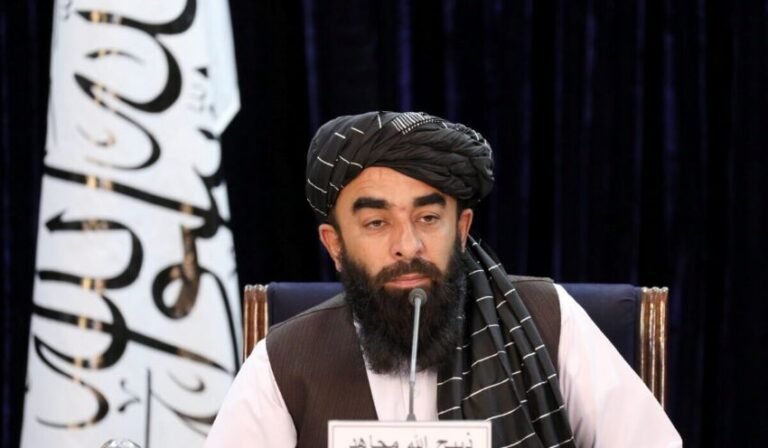Ottawa, 18 October 2023 (TDI): Relations between Canada and India declined after the targeted killing of a Sikh separatist Hardeep Singh Nijjar on June 18.
Hardeep Singh was a human rights activist and advocated for a separate Sikh country named Khalistan. Due to this, he was also labeled as a terrorist by India in July 2020.
After Hardeep’s killing on June 18 outside a Sikh cultural center located in Surrey, British Columbia. Canada started investigating his death.
Notably, Canada is home to about 1.4 million Indian population of which about 770,000 are Sikhs, making Canada the second largest state compromising of Sikh community after India.
Moreover, Canada is also home to the largest Khalistan movement which concerns the Indian government and has been a cause of rift between the two states from the past.
Consequences
Canada after this incident slowly started halting its trade relations with India like on September 1, Canada paused its trade treaty talks with India.
Similarly, Canadian Prime Minister Justin Trudeau shared his concerns with the Indian Prime Minister during his visit to India for the G20 summit.
Indian Prime Minister also conveyed his concerns at the increasing Khalistan movements in Canada. Both leaders during the G20 Summit seemed reserved and tension between their meetings seemed obvious.
Today, Prime Minister Justin Trudeau met with the Prime Minister of India, Narendra Modi, on the margins of the #G20Summit in New Delhi, India. Read a summary of the meeting: https://t.co/ZLMQW0UijU pic.twitter.com/fsHAMpFVTQ
— Prime Minister of Canada (@CanadianPM) September 10, 2023
After this on September 18, two months after Hardeep’s killing Canadian Prime Minister publically accused India of Hardeep’s killing and foreign intervention. Canada also accused an Indian top diplomat of being a RAW agent and expelled him from Canada.
Similarly, India responded on September 19, calling Canada’s allegations absurd and giving a deadline to Canadian diplomats residing in India.
Moreover, Canada and India both cut off their trade ties completely, and India on September 22, suspended issuing new visas to Canadian nationals.
Political tensions between the two states caused a reduction in the pace of Canadian lentil exports to India. Canada is the primary provider of lentils to India, which serves as a major source of protein-rich food.
Additionally, India’s yearly consumption of pulses is roughly 2.3 million metric tonnes, with 1.5-1.6 million tons being cultivated domestically, and the remaining amount is imported from foreign sources. Last year, India imported about 485,000 metric tons of lentils from Canada.
Also Read: Costa Rica-Canada holds third political consultations meeting
Indian government urged its citizens to remain cautious in Canada amid the Canada-India diplomatic rift.
Furthermore, India has shared that no evidence has been provided to them by the Canadian government to prove the involvement of the Indian government in Hardeep’s murder.
Similarly, while responding to the questions related to the Canadian intelligence sources, Canada shared that the evidence had been shared with allies including the US, UK, Australia, and New Zealand, and the intelligence was based on the inputs of these allies’ states i.e. Five Eyes Intelligence Alliance.
Five Eyes Alliance
The Five Eyes Alliance is an intelligence network that originated after World War II, comprising the US, UK, Canada, Australia, and New Zealand.
Its inception can be traced back to the 1946 UK-USA Agreement, designed to facilitate collaborative sharing of signals intelligence (SIGINT).
As time passed, this partnership expanded its scope, evolving into a crucial component of worldwide intelligence and security activities.
In this context, Canada claims it received input from the Five Eyes Intelligence Alliance on India’s involvement in Hardeep’s murder.
Recent Developments
Amid the India-Canada diplomatic rift, the Canadian Army Deputy Commander Major General Peter Scott on September 26, said that the issue between both states is on a political level and is not affecting the military ties between the two states.
Similarly, Indian media also accused the Pakistan Intelligence Agency (ISI) of Hardeep’s murder to cause a rift between India and Canada.
Furthermore, India has told the Canadian government to withdraw about 41 out of 62 Canadian diplomats from India by October 10.
The allies, particularly the US urged the Indian government to cooperate with Canada in its investigation of Hardeep’s murder.
Also Read: Canadian Prime Minister pledges military support to Ukraine
Moreover, on October 3, the Canadian Prime Minister in a statement expressed that Canada doesn’t want to further escalate the situation and will be in constructive engagement with India.
Additionally, Canadian Foreign Minister Melanie Joly on October 3, while speaking to the reporters stated that the Canadian Government after India’s decision to expel Canadian diplomats is engaging in private with the Indian government as diplomatic conversations are best when they are kept private.
There are also reports about the recent face-to-face meeting between the foreign ministers of Canada and India in the US but it has yet to be confirmed by both state authorities.

